Members of the management board
Chairperson
Nadja Zeleznik, Qualified member, Slovenia
Holds master’s degrees in physics and reactor physics, and a Ph.D. in psychology from the University of Ljubljana. A recognised expert in nuclear technology and radioactive waste management, she has over three decades of experience spanning research, government service, implementation, and international cooperation. She has shaped national strategies, legislation, and stakeholder dialogue in the nuclear field and has coordinated more than thirty international projects. Author of over 200 papers and several book chapters, she currently serves as Chairperson of Nuclear Transparency Watch, advocating for openness and public engagement in nuclear matters.
Vice-Chairperson
Jean- Claude Delalonde, representing ANCCLI, France
Created on 5 September 2000, the ANCCLI (Association Nationale des Comités et Commissions Locales d’Information) brings together the experiences and expectations of the 35 CLIs and represents their views to national and international bodies. One of the CLIs’ key missions is to relay information to the general public, thereby enabling citizens to form their own opinions on the subject of nuclear power. The CLIs question the operator (EDF, ORANO, CEA, ANDRA), the ASNR, organise debates, carry out counter-analyses, monitor the environment, commission expert reports and participate in inspections. The work of the CLIs is widely disseminated to the public and institutional partners via newsletters, public meetings, press articles and their websites.
Secretary
Niels-Henrik Hooge, representing NOAH FoE Denmark, Denmark
NOAH works to improve the environment, by actively fighting against ecological damages and its causes – and providing alternatives (Preamble, 1969). It has become the Danish member of Friends of the Earth (Foe) in 1988. Since then, most of the topic groups have participated in many projects, seminars, and meeting in cooperation with FoE. NOAH is Denmark’s oldest environmental organisation with a long history of actions, successes and environmental policy victories.
Treasurer
Colin Wales, representing Cumbria Trust, Untied-Kingdom
Cumbria Trust is campaigning against the proposed Geological Disposal Infrastructure (GDI) in Cumbria due to serious geological, environmental, and safety risks, including potential water contamination, seismic instability, and irreversible damage to the Lake District’s UNESCO World Heritage status. It also oppose the government’s undemocratic exclusion of Cumbria County Council and local councils from the decision-making process. It’s campaign involves responding to government consultations, advocating for safer long-term waste storage, demanding fair investment in West Cumbria’s economy, and protecting the region’s natural heritage. If necessary, it will challenge these decisions legally to ensure Cumbria’s future is not put at risk.
Jan Haverkamp, Qualified member, Netherlands
Is a senior expert on nuclear energy and energy policy for the NTW member organisation WISE and the organisation Greenpeace. He is one of the co- founders of Nuclear Transparency Watch and has since 2013 served on its management board, for many years as vice-president. Jan works since the early 1980s on nuclear energy issues. He is based in the Netherlands, lived for 21 years in the Czech Republic and Poland and served as nuclear policy advisor for the Greenpeace EU Unit for between 2007 and 2012. He was part of many international programmes and is considered an expert on the implementation of the Aarhus Convention in the nuclear sector.
Albena Simeonova, for the Foundation for Environment and Agriculture, Bulgaria
The Foundation for Environment and Agriculture (FEA) is one of the oldest non-governmental organizations in Bulgaria, registered under the Law on Individuals and Families in 1990, immediately after the democratic changes. In 2003, the Foundation was registered as a non-profit legal entity for public benefit. The Foundation works actively on environmental protection issues, both at regional, national and international levels. It has offices in the city of Nikopol and in Sofia.It develops and participates in projects on the protection of the waters of the Danube River, biodiversity, renewable energy sources, Natura 2000 – restrictions and compensations, organic farming, risks of radioactive pollution, information activities and training.
Julien Dewoghélaëre, Qualified member, France
He has a graduate degree in Politics Sciences and has worked eleven years (2011-2022) in research projects on nuclear related matters. He is an active member of NTW since its creation. He was also involved in the development of tools enabling pluralistic dialogue between various categories of actors on complex topics. He is participating in the implementation of the interaction with civil society (ICS) activities in EURAD-2 programme in continuation of the work he has done in EURAD-1 programme.
Alexis Geisler-Roblin, Qualified member, France
He is a geologist and researcher in philosophy of science, he holds degrees in geosciences, mining engineering, MBA and philosophy. He’s been working for NTW since 2020 where he is leading the radioactive waste management working group in which he coordinates the Interactions with Civil Society in the EU programme EURAD. He is also member of the OECD-NEA Expert Group on Awareness Preservation, Board member of the SITEX Network and the SHARE platform and member of the external Board in the ECOSENS project and finally, a co-organizer of the French national debate on the radioactive waste management in Autumn 2025.
Dr Petar Kardzhilov, Qualified member, Bulgaria
He is an independent scholar and expert in risk and crisis communication. He has PhD in Public Communication in Crises at Sofia University “St. Kliment Ohridski”, member of the Union of Scientists in Bulgaria, journalist, PR practitioner, complainant in seven court cases concerning transparency, safety and public participation about nuclear issues. He has been a qualified expert at NTW since 2018.
Luke Haywood, representing European Environmental Bureau, European Union
Europe’s largest network of environmental citizens’ organisations with over 190 member organisations in 41 countries, representing some 30 million individual members and supporters. The EEB stands for sustainable development, environmental justice, global equity, transparency and participatory democracy. It promotes the principles of prevention, precaution and the polluter pays.
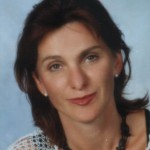
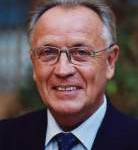

 .
. 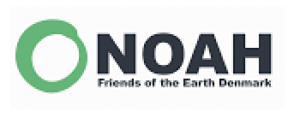


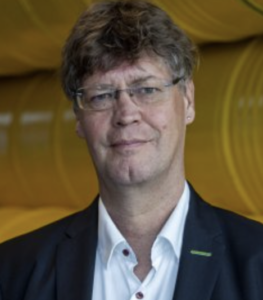
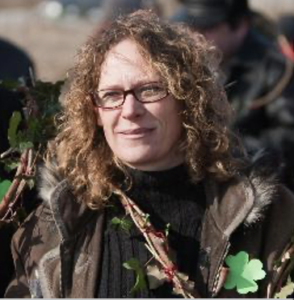
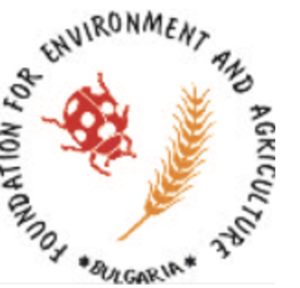


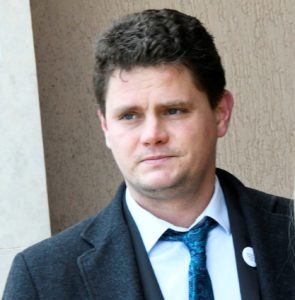
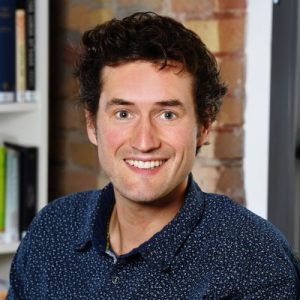
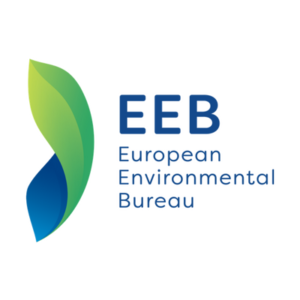
You must be logged in to post a comment.